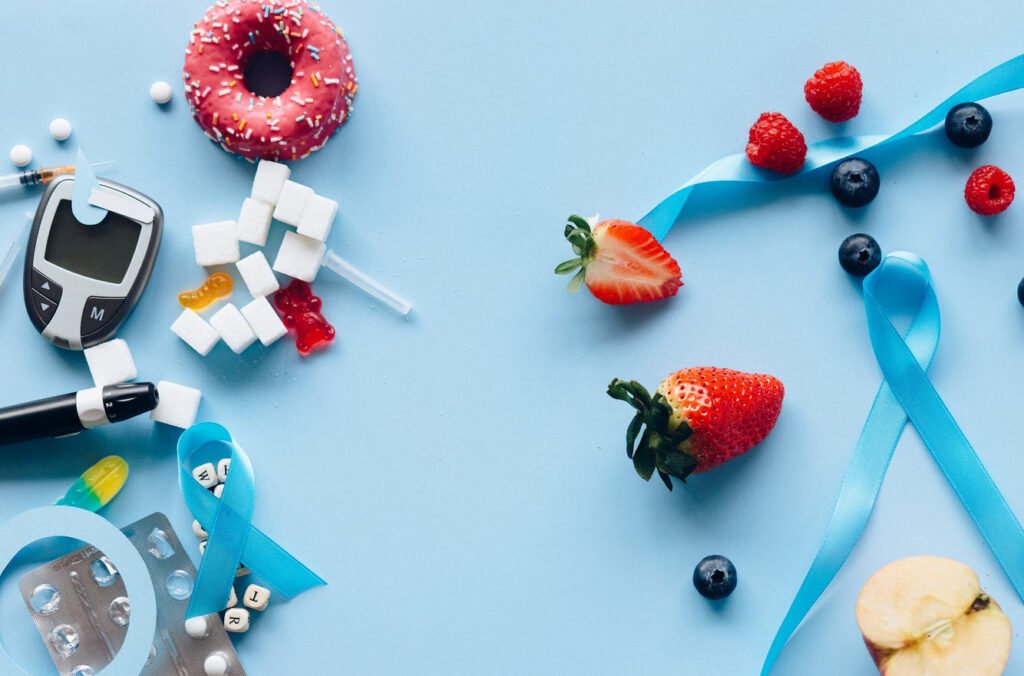
In the global landscape of health concerns, heart disease remains a formidable adversary, claiming numerous lives each year. However, adopting a heart-healthy diet can significantly contribute to reducing the risk of developing heart disease and even aid in its reversal. Incorporating specific foods into your daily meals can serve as a powerful preventive measure, promoting cardiovascular well-being and longevity.
- Fruits and Vegetables
- Fish
- Whole Grains
- Nuts and Seeds
- Beans and Legumes
- Olive Oil
- Herbs and Spices
1. Fruits and Vegetables
One of the fundamental pillars of a heart-healthy diet is a generous intake of fruits and vegetables. These nutritional powerhouses are rich in fiber, essential vitamins, minerals, and antioxidants. These components collectively contribute to reducing cholesterol levels and enhancing heart health. Aim for a colorful variety to ensure a broad spectrum of nutrients.
2. Fish
Including fish in your diet at least twice a week provides a valuable source of omega-3 fatty acids. Omega-3s have demonstrated efficacy in lowering blood pressure and mitigating inflammation, both crucial factors in reducing the risk of heart disease. Fatty fish such as salmon, mackerel, and trout are excellent choices.
3. Whole Grains
Whole grains constitute a vital component of a heart-healthy eating plan. High in fiber, they play a key role in reducing cholesterol levels. Incorporating whole grains like brown rice, quinoa, and oats into your diet provides lasting energy and supports heart health. Aim for at least three servings per day.
4. Nuts and Seeds
Nuts and seeds are nutrient-dense additions to a heart-conscious diet. Packed with healthy fats, fiber, and plant sterols, they contribute to lowering cholesterol levels. Almonds, walnuts, flaxseeds, and chia seeds are particularly beneficial. Enjoy them as snacks or sprinkle them on salads and yogurt.
5. Beans and Legumes
Beans and legumes are nutritional powerhouses, offering a combination of fiber, protein, vitamins, and minerals. Regular consumption, with a target of at least three servings per week, can contribute to reducing the risk of heart disease. Options like lentils, chickpeas, and black beans are versatile and heart-friendly.
6. Olive Oil
Olive oil, a staple in the Mediterranean diet, is a rich source of heart-healthy monounsaturated fats. Regular consumption, with a recommended daily intake of at least two tablespoons, has been associated with lower cholesterol levels and improved heart health. Use it as a cooking oil or drizzle it over salads for maximum benefits.
7. Herbs and Spices
Herbs and spices not only enhance the flavor of your meals but also offer significant heart health benefits. High in antioxidants, they contribute to reducing inflammation and improving blood flow. Incorporate herbs like basil, oregano, and thyme, as well as spices such as turmeric and cinnamon, into your cooking.
Conclusion
The journey to heart disease reversal or prevention starts with the choices we make in the kitchen. By embracing a diet rich in fruits, vegetables, fish, whole grains, nuts, seeds, beans, legumes, olive oil, and flavorful herbs and spices, individuals can significantly reduce their risk of heart disease. Beyond reducing risk, these foods actively contribute to the improvement of heart health, paving the way for a longer, healthier life.
It’s important to note that dietary changes should be approached holistically, considering individual health conditions and consulting with healthcare professionals or registered dietitians for personalized guidance. The simple act of choosing nutrient-dense, heart-protective foods is a proactive step toward a healthier heart and a vibrant life.
You may also like:- 5 Signs of Hormonal Imbalance in Women Suffering from PCOS
- Top Effective Tips To Achieve Safe and Sustainable Fast Weight Loss
- Empowering Students: Applying ABA Techniques In The Classroom
- Assessing Cancer Treatment: Tools And Techniques For Monitoring Efficacy
- Eye Doctors’ Contributions To Long-Term Vision Clarity
- Understanding Neurosurgeons: Specialists In Brain And Spinal Cord Health
- Common Causes of Chest Pain You Should Know
- Top 10 Weight Loss Myths: Don’t Fall Victim to Them
- Incorporating Fitness into a Busy Lifestyle for Effective Weight Loss
- Low GI Alcohol and Healthy Food Choices for Sustainable Weight Loss








